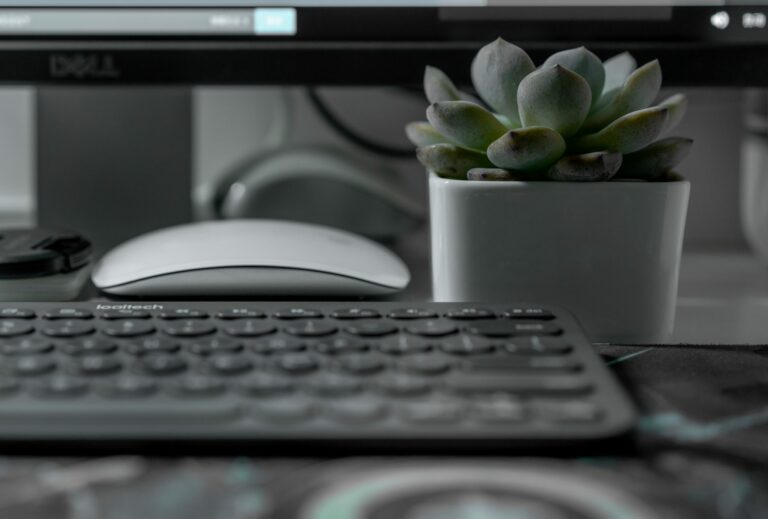Preview Post: Why Detox?
When you hear the phrase “digital detox,” your mind probably goes to some kind of digital fasting experience — maybe you’ll leave your phone alone for a weekend or lock down your home wifi network in the evenings. Maybe you’ll delete Facebook and Twitter from your phone for a month, or quit one social network or another altogether. These are all common ways of thinking about managing our relationship to technology: it’s all or nothing, and to have a healthier relationship to technology, we have to unplug.
Maybe your eyebrows raised a bit at the word “detox,” a term we perhaps most associate with diet culture or with recovery from addiction. In both cases, detox usually involves the same kind of abstinence as in a digital detox, the idea being that with abstinence will come a kind of purging and a triumph over undesirable behaviours. Theodora Sutton examines both the utility and the limits of this metaphor in her “Disconnect to Reconnect: The Food/Technology Metaphor in Digital Detoxing”; ultimately, I have come to think of it as a useful metaphor. Like many of the things we choose to “detox” from, we can have a healthy relationship to technology. This process we embark on together will be a search for what that looks like.
The goal of this Digital Detox is not abstinence — after all, we’re sending you emails and asking you to access a blog — but instead the goal is to think about how we can detoxify our relationship to the digital, especially in the context of education. Because for most of us, the relationship is a toxic one by design — inequities, failures of ethics, and exclusion are baked in to many of the technologies we reach for, whether as users, as teachers, as students, or as engaged citizens. Over the month of January, we’re going to lay out the a range of the problems and also offer meaningful solutions to them, or at least ask you to reconsider some of the assumptions you make about how our digital world works, both on campus and off.
What can you expect from your Digital Detox experience?
- Two emails a week, on Tuesdays and Thursdays, directing you to new blog posts on the site, for the month of January. Each of these posts will address issues in technology, and specifically educational technology, like equity, ethics, and access.
- The arc of the detox is such that the first two weeks will focus on problems and the second two weeks will be solutions-oriented. We want you to finish January more savvy about the issues we all encounter, but also empowered to do something about it.
- For those joining us from the TRU community, we will hold two face-to-face coffee chat sessions: one at the mid-point, and one in early February (Williams Lake faculty will be welcomed by webinar). You’ll receive notice by email inviting you to register for these sessions.
- After the Digital Detox wraps up, we’ll connect TRU community members to the Learning Technologies Community of Practice sessions, where these conversations will continue all year long. We will also provide additional resources to support those joining us from outside of TRU.
And we’re going to try to do all of it with a minimum of panic. In some ways, it’s true, the sky really is falling all around us when it comes to technology, and some of what you learn over this month will be deeply unsettling. But our goal here is hope and empowerment: we’re going to give you the tools to recognize and resist the negative aspects of digital tools while embracing the positive.
In other words, we’re going to detoxify your relationship with technology. And we’re going to start, right here, on January 7th.






